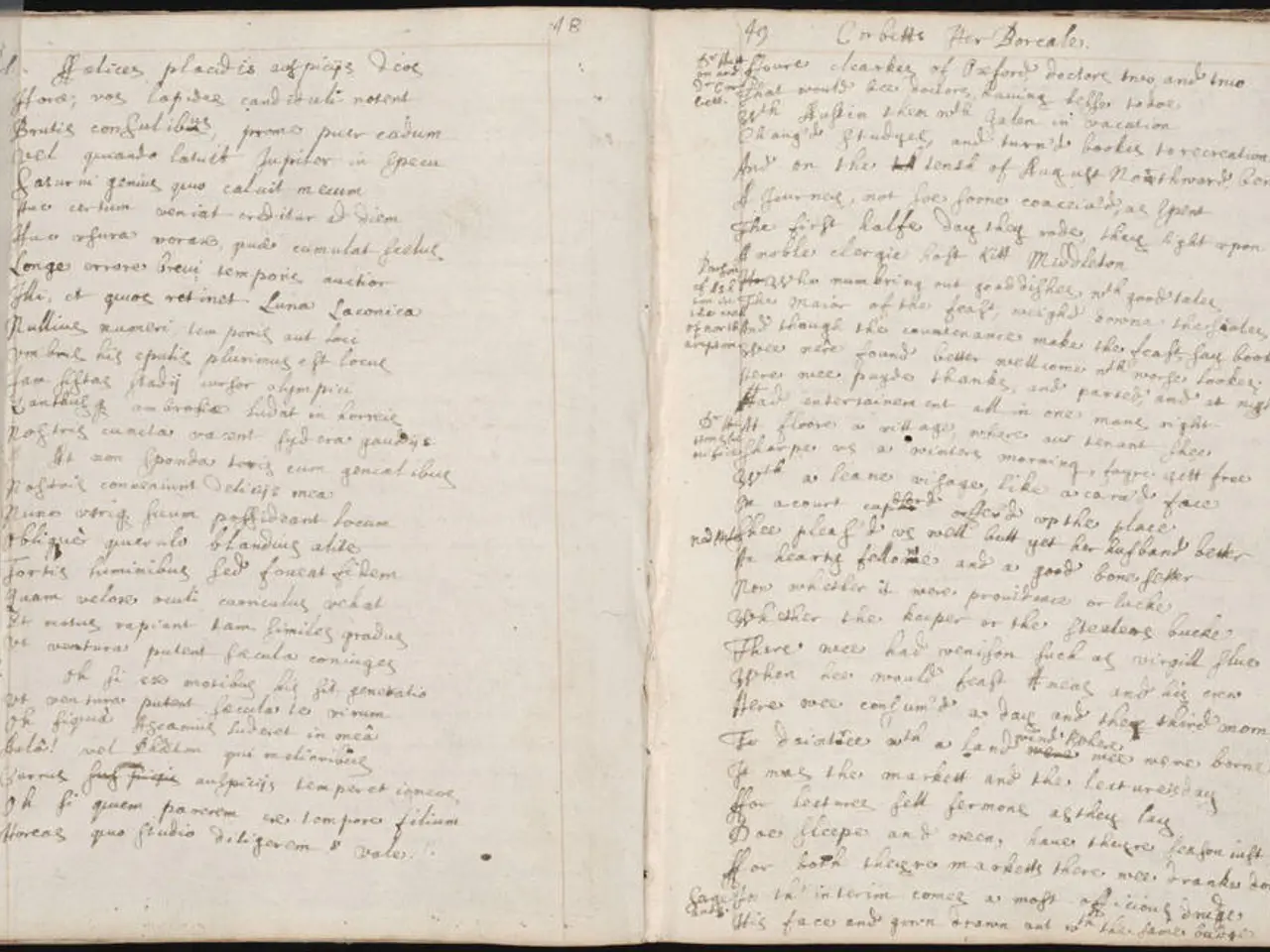Understanding Knowledge's Essence: Examining Various Perspectives
In the realm of philosophy, the traditional model of knowledge, known as Justified True Belief (JTB), has long been a cornerstone. However, Theory of Knowledge (TOK) challenges and broadens this definition by engaging a multitude of perspectives that expand the boundaries of knowledge evaluation.
The JTB model, which defines knowledge as a belief that is true, held by the subject, and justified, has been found wanting. The Gettier problem, a series of thought experiments, demonstrates cases where these conditions are met, yet what is considered "knowledge" seems to fail due to luck or epistemic defeaters that undermine justification. This has led to efforts to refine or replace the model with additional conditions, such as requiring the absence of defeating evidence, or differentiating between internalist (justification based on internal reasons accessible to the knower) and externalist conditions (justification based on external factors like reliability).
One expanded approach removes the traditional "justification" term and introduces multiple conjunctive conditions for knowledge acquisition. These include a normative or prescriptive condition, emphasizing what should count as proper reasons to believe, and a no-defeaters condition, ensuring the absence of overlooked or unconsidered counter-evidence that would undermine the belief. This combined framework aims to capture knowledge more accurately than JTB by establishing necessary and sufficient conditions that can better evaluate borderline cases.
TOK also engages with the diversity of evidence types and ways of knowing beyond empirical verification. For example, in comparing Evolutionary Science and Creationism, knowledge claims arise from distinctly different evidential bases: empirical data (fossil records, carbon dating) versus non-empirical sources (sacred texts, faith). This illustrates that knowledge evaluation depends on the epistemic frameworks and cultural contexts, affecting which forms of evidence are considered legitimate. It raises questions about integrating or separating competing knowledge systems and the extent to which faith, intuition, reasoning, and perception contribute to knowledge.
Moreover, knowledge is evaluated through the lens of knowledge communities—scientific, religious, cultural—which dictate standards of justifiability, credibility, and acceptable evidence. This situates knowledge within social and historical contexts rather than treating it solely as a propositional static entity, thereby broadening normative conditions to include collective validation and interpretive frameworks.
In summary, TOK perspectives on knowledge move beyond the classical JTB model by addressing the Gettier problem with additional conditions like no-defeaters and normative justification, recognizing multiple types of evidence and ways of knowing, differentiating internalist vs. externalist justification norms, emphasizing the role of epistemic communities and cultural contexts in evaluating knowledge claims, and engaging broader, multifaceted evaluation norms that consider truth, justification, reliability, and social context. This expansion of the philosophy of knowledge into practical, ethical, and cultural dimensions enriches our understanding of what knowledge truly is.
In this broadened philosophy of knowledge, the Theory of Knowledge (TOK) addresses limitations in the Justified True Belief (JTB) model by introducing additional conditions, such as a no-defeaters condition that ensures the absence of overlooked counter-evidence, and a normative condition that emphasizes proper reasons for believing.
Moreover, TOK recognizes the importance of personal growth and education-and-self-development, as it challenges us to question and expand our understanding of knowledge beyond empirical verification, embracing learning from various types of evidence and ways of knowing.




